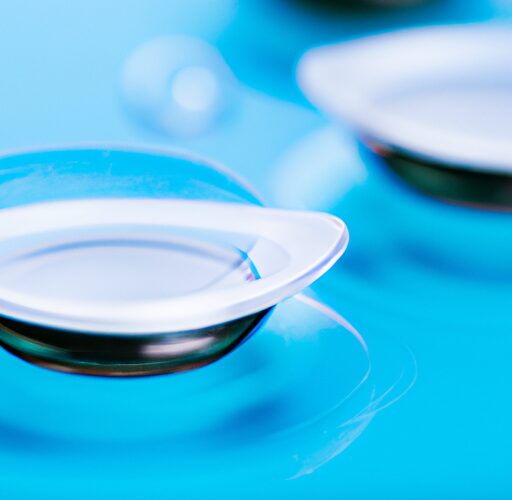Contact Lens Infections: Symptoms, Causes, and Treatments
Are you a contact lens wearer? Do you experience redness or itching in your eyes? Then, you could be suffering from a contact lens infection. Fear not! This article will provide you with the knowledge necessary to understand the symptoms, causes, and treatments of contact lens infections.
Symptoms:
If your contact lens causes discomfort or irritation in your eyes, then it’s high time to visit an ophthalmologist. The symptoms of contact lens infections differ depending upon the infection type, though common signs include blurred vision, redness, pain, and itchiness in the eyes.
Causes:
There are various types of infections, but the three common types of infection caused by contact lenses are bacterial, fungal, and viral. The reason behind these infections commonly is improper contact lens hygiene. Prolonged use or sleeping with contact lenses on, not replacing your lenses regularly, and reusing expired solutions, lead to bacterial accumulation on the lens or the cornea, initiating an infection.
Treatments:
The treatment of a contact lens infection varies based on the type of infection. The best treatment is to stop wearing contact lenses until the eyes are healed, remove your contact lenses immediately if your eyes feel uncomfortable, and practice proper hygiene. For bacterial infections, antibiotic eye drops or ointments are prescribed. For fungal infections, antifungal eye drops are utilized. Viral infections are usually self-resolving, but prescription eye drops can expedite the healing process.
Conclusion:
Contact lenses are an ideal substitute for glasses, but poor hygiene can trigger severe infections compromising the ophthalmic system which holds the vision power. Therefore, it is paramount to adopt basic hygienic measures while using contact lenses such as daily cleaning, contact lens replacements, and limited use time.
In conclusion, contact lens infections are common, but it is vital to be aware of the symptoms, causes, and treatments associated with them to avoid complications. Always consult an ophthalmologist before diagnosing and treating yourself. Remember, prevention is better than cure, so practice good hygiene and take adequate rest for a speedy recovery.

